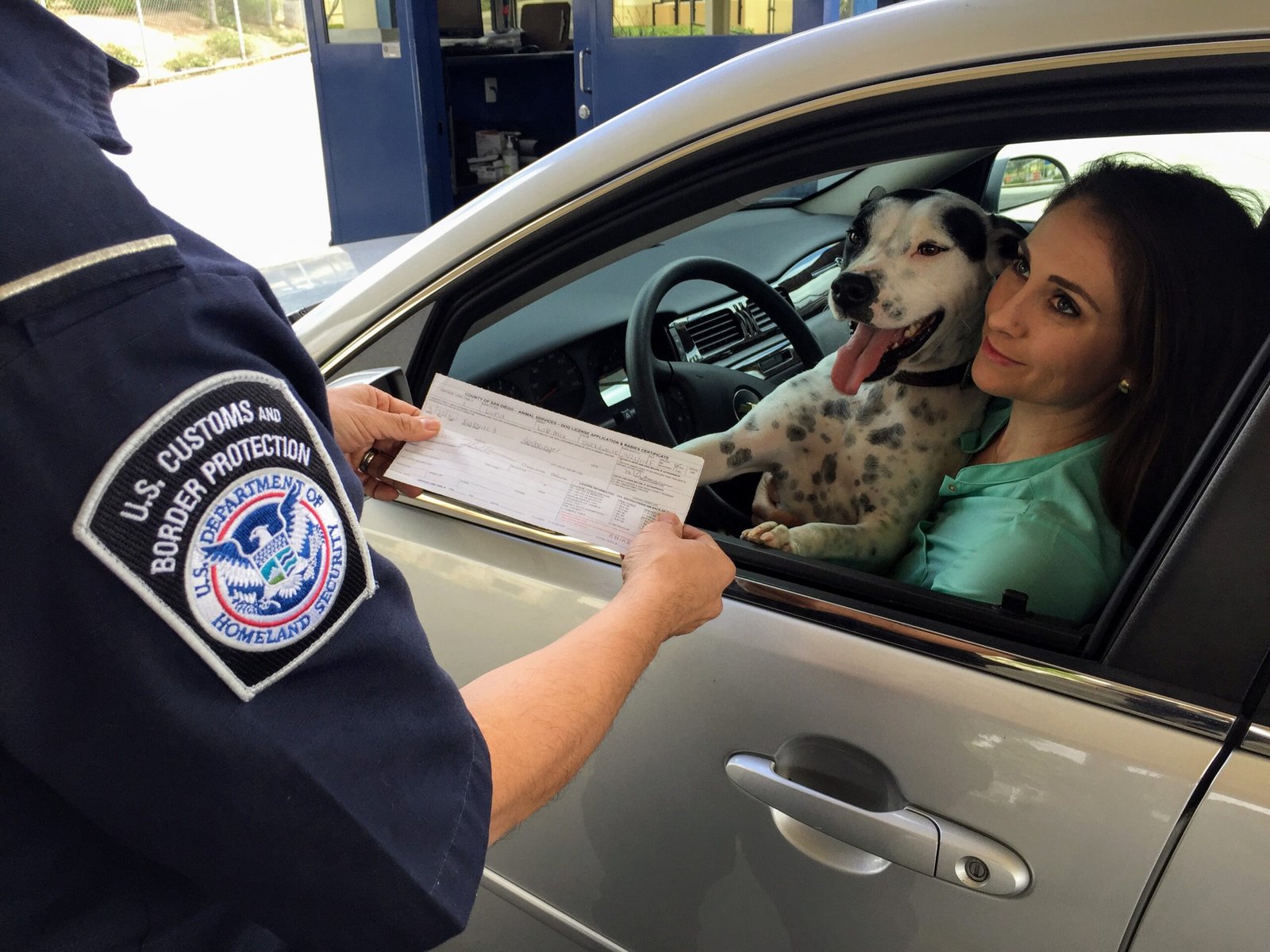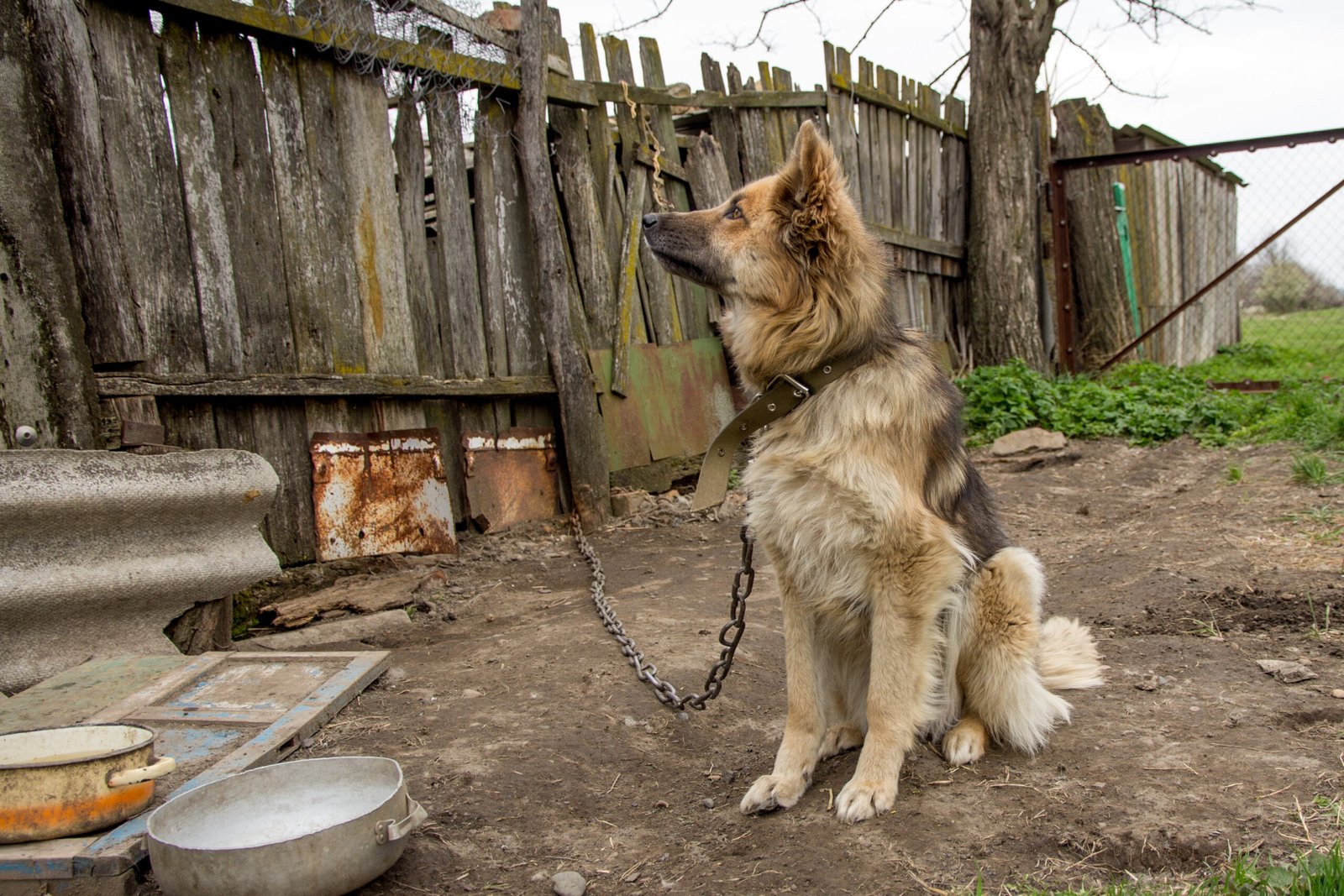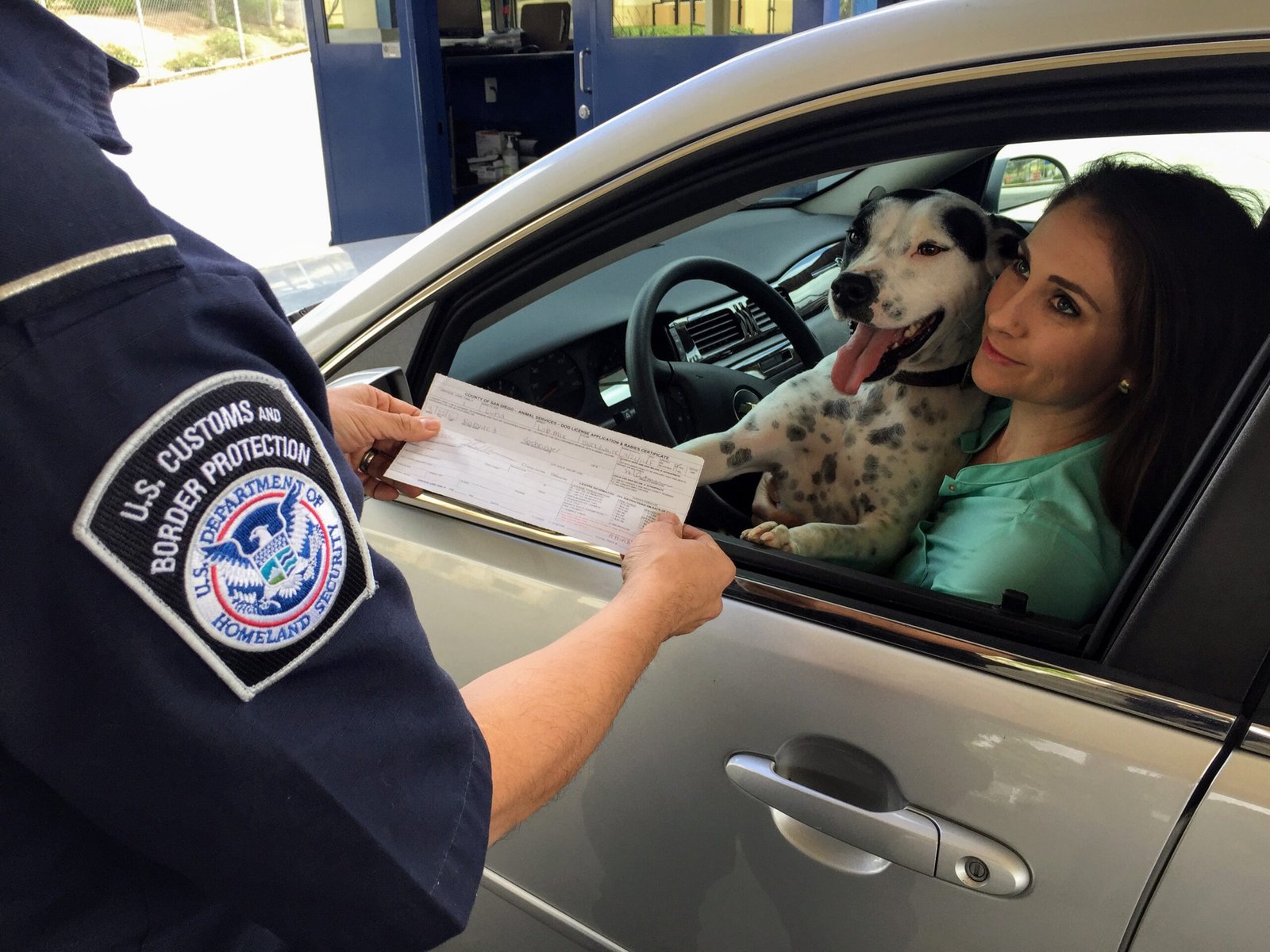California’s dog laws might surprise you with how strict—and thorough—they really are. From leash rules to breed-specific legislation, the state takes pet ownership seriously to ensure safety for both animals and humans. Owners must also follow detailed guidelines for dog licensing, spaying/neutering, and even noise complaints. These regulations are designed not to be a hassle, but to promote responsible ownership. So if you’re living in or moving to the Golden State with a pup, it’s smart to get familiar with the rules!
Strict Leash Laws: No Room for Roaming
Walking your dog off-leash through a sunny California park might feel like freedom, but that freedom comes at a price if you break the rules. California’s leash laws are among the strictest in the country, with most cities requiring dogs to be leashed at all times in public areas. It’s not just about preventing dogs from running away; these rules are designed to protect both animals and people from unexpected bites or accidents. Off-leash violations can result in hefty fines, and repeat offenders can even face court appearances. For new residents, this can be a big adjustment—especially if they’re used to more relaxed rules elsewhere. These laws send a clear message: in California, dog safety isn’t just a suggestion, it’s the law. The next time you see a dog running free, remember, both the pup and the owner could be in for a very expensive lesson.
Mandatory Licensing and Vaccination

If you think licensing your dog is just a formality, California will quickly set you straight. Every county in the state requires dogs to be licensed by a certain age, usually four months. And it’s not just about paperwork—proof of up-to-date rabies vaccinations is mandatory for every license, no exceptions. This isn’t just bureaucracy; it’s a public health measure designed to keep both animals and people safe from deadly diseases. Failure to comply can lead to fines or even having your pet impounded. These rules mean you can’t just bring home a new puppy and forget about the details—responsible ownership is the expectation. For many Californians, this strict approach gives peace of mind, knowing the dogs in their neighborhood are healthy and accounted for.
Dangerous Dog Designations: Zero Tolerance for Aggression

California’s stance on aggressive dogs is firm and, some would say, unforgiving. If a dog attacks someone—or even another animal—the state can label it as “potentially dangerous” or “vicious.” Once a dog has this label, the owner faces strict requirements: secure fencing, special warning signs, and sometimes mandatory muzzling in public. In severe cases, authorities can order the removal or even euthanasia of the animal. These measures may sound harsh, but they’re designed to prevent tragic incidents before they escalate. For owners, it’s a sobering reminder that every walk and every encounter matters. One bad moment can change everything, and in California, the consequences are swift and serious.
Breed-Specific Legislation: Controversial but Enforced

It’s a topic that sparks heated debate across dog-loving communities: breed-specific laws. California has passed regulations that allow local governments to impose extra rules on certain breeds, especially those considered “dangerous” like pit bulls. These laws might require owners to spay or neuter specific breeds, carry special insurance, or follow stricter confinement rules. Critics argue this is unfair—pointing out that behavior, not breed, is what matters most. But supporters believe these measures help reduce attacks and overpopulation. Whether you agree or disagree, one thing is clear: owning a so-called “dangerous” breed in California comes with a lot of extra responsibility and scrutiny.
Dog Bite Liability: Owners Are Held Accountable

In California, the phrase “strict liability” carries a lot of weight for dog owners. If your dog bites someone, you are automatically responsible for any injuries—no matter the circumstances, and even if your dog has never shown aggression before. The law doesn’t care if it was an accident or the first offense. Victims can sue for damages, and insurance companies may refuse to cover repeated incidents. This high level of accountability encourages owners to train their dogs carefully and supervise them closely. For some, it’s a wake-up call that being a dog parent isn’t just about puppy cuddles; it’s about constant vigilance and responsibility.
Pet Custody Battles: Dogs as Family Members

When couples split up, the fate of their furry friends can be just as contentious as any other part of a divorce. California courts now recognize pets as more than just property—they’re treated as family members. Judges can consider the best interests of the animal when deciding custody, sometimes granting shared custody or visitation rights. This groundbreaking approach reflects a deep respect for the bond between humans and their pets. It’s also a reminder that, in California, the emotional needs of dogs are taken seriously by the legal system. For many, this law is a relief, ensuring that their beloved pets’ well-being is truly protected.
Tethering Restrictions: No More Chained Dogs

Leaving a dog chained up in the backyard might have been common practice decades ago, but California has declared this inhumane. State law now strictly limits how long a dog can be tethered—no more than a few hours at a time, with specific requirements for space, shelter, and comfort. Violators face fines and possible animal cruelty charges. These rules are designed to prevent neglect and give dogs the freedom and dignity they deserve. The message is powerful: dogs are family, not lawn ornaments. For animal advocates, this is one of the most compassionate laws on the books.
Travel and Transportation: Safety First on the Road

Taking your dog for a ride? In California, there are clear rules for how dogs must be transported, especially in open vehicles like pickup trucks. Dogs riding in truck beds must be properly secured in a crate or with a harness to prevent them from jumping or falling out. This law was born from heartbreaking accidents, and now it’s strictly enforced. Failure to comply can result in fines and even criminal charges if an animal is harmed. For many pet owners, it’s a necessary reminder to always put safety first, no matter how much their dog loves feeling the wind in their fur.
Animal Cruelty and Neglect: No Excuses Accepted
California’s animal cruelty laws are among the toughest in the nation, with severe penalties for abuse, neglect, or abandonment. Failing to provide adequate food, water, shelter, or medical care can result in criminal charges, hefty fines, and even jail time. Authorities take these cases very seriously, and neighbors are encouraged to report suspected mistreatment. The intention is clear: animals deserve protection and respect, and those who fail them will be held accountable. These laws speak to the heart of California’s values—compassion, responsibility, and justice for even the most vulnerable.
Dog Parks: Privileges with Responsibilities
It’s easy to picture California’s famous dog parks as paradise for pups, but these spaces come with a long list of rules. Dogs must be licensed, vaccinated, and under their owner’s control at all times. Aggressive behavior can lead to bans, and owners are expected to clean up after their pets without exception. Many parks even have separate areas for small and large dogs to prevent accidents. These regulations ensure that everyone—human and canine—can enjoy a safe, fun environment. For dog lovers, it’s a small price to pay for the joy of seeing tails wag and friendships form.
Conclusion

California’s dog laws are more complex and demanding than many people realize. They reflect a deep commitment to animal welfare and public safety, setting a high standard for responsible dog ownership. For those who love their pets, these laws can feel both reassuring and overwhelming—but they undeniably make California a state where dogs are truly valued and protected.

Born and bred in South Africa, a Capetonian at heart. Amy-Leigh’s love for nature and animals was inherited from her Dad. He loves taking the family on road trips to experience nature at its finest; Amy-Leigh’s favourite being whale watching in Hermanus and spotting Kudu along the West Coast. Amy-Leigh holds a BA in English Literature and Communication Studies.






